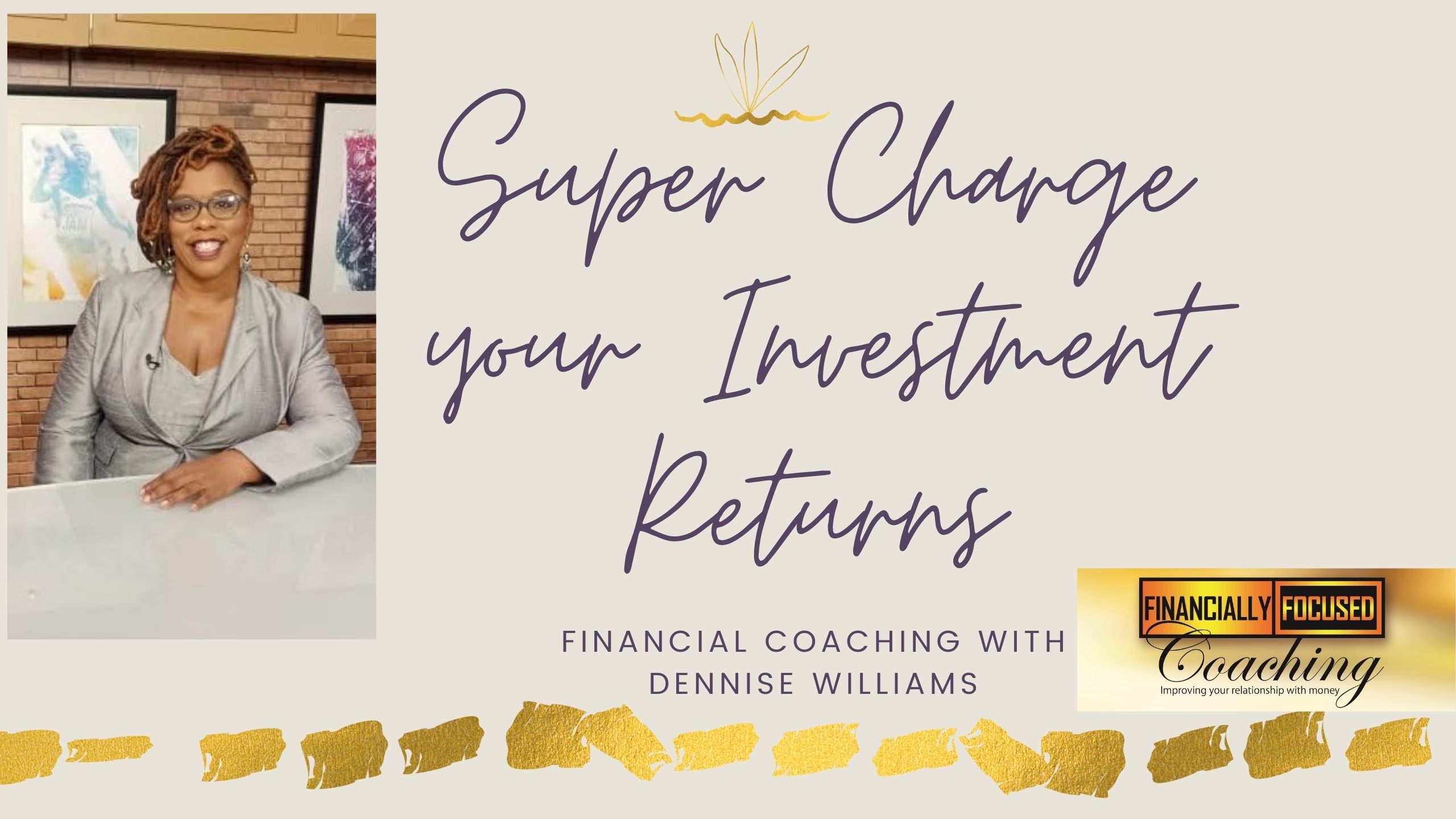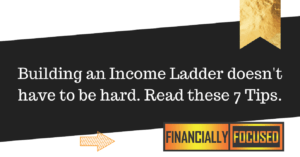Are you investing right now? Has Coronavirus spooked you out of the market or are you seeing opportunities? Ready to lift up your financial life and get it back together?
Personal Capital conducted a survey of 1,000 persons and found several interesting trends.
- Before the coronavirus, comfort looked like an annual salary of US$70,000 and a savings account with US$40,000 inside. One coronavirus later, however, and financial comfort is now thought to mean a US$60,000 annual salary and a US$25,000 savings account. This means that our standards for financial comfort have dropped by more than 37%.
- Last year, in order to feel “financially wealthy,” Americans said they would want US$200,000 in savings and to earn US$130,000 each year. Now? Those numbers each dropped to US$100,000. This means that the price of feeling rich is about half of what it was last year. This is likely good news for the 43% who lost their jobs and paychecks during the outbreak.
- When asked how much cash or liquid assets respondents were currently holding, the median answer was $5,000. But it was twice as much among those who felt financially comfortable. Uncomfortable respondents had only $2,000 in liquid assets.
- Overall, people said they would need a total of $15,000 in emergency savings to maintain this feeling of comfort.
- This financial solace was more often experienced by those who worked with a financial advisor. Nearly three-quarters of this group said they enjoyed financial comfort, compared with only a third of those who weren’t using the advisor’s help.
- Those who were using a financial advisor seemed to know some things others didn’t. In response to the pandemic, those who were working with a financial advisor chose more often to change up their savings strategy (34%) as well as their investing strategy (28%).
Have you sat down with your financial adviser and gotten guidance to build wealth, even in these challenging times?
So what is the best approach? Invest often in an exchange traded fund (ETF) rather than individual
stocks? The decision to invest is a decision all by itself. After you make up your mind to invest and then have the money available to invest, what is your strategy?
This is where Financial Mentor Focus training can help. https://financiallyfocusedmedia.com/page-6/
Let me ask a few questions:
How do you make your portfolio grow during a pandemic?
How do you get the insurance you need and not overpay?
Why do you save at the rate of saving that you currently do?
How do you put together a portfolio for retirement?
How much does poor investing cost you?
Or maybe you don’t even have a plan for the various areas of your financial life?
In that case, let’s schedule a free 15 minute conversation to see how I can provide some guidance for you. https://bvabbyklprqazhonbr.10to8.com
As a financial coach, I have helped my clients experience an increase in assets by at least $50,000 through a detailed review of 12 financial areas of their life. This is a positive return on investment for the training I offer. If you can get such a return, would you want to know the typical steps involved in solving this problem?
Enroll in the Financial Mentor Focus training today.



